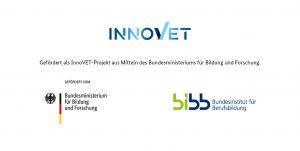
Projects
The research activities of our institute aim to improve the workflow from the preparation to the evaluation of exams as well as to support teachers and examiners in their daily work. In addition, we are involved in various projects to promote medical interviewing and interprofessional communication and cooperation in medical education, further education and training. Find out more about our work here.
Projects
The research activities of our institute aim to improve the workflow from the preparation to the evaluation of exams as well as to support teachers and examiners in their daily work. In addition, we are involved in various projects to promote medical interviewing and interprofessional communication and cooperation in medical education, further education and training. Find out more about our work here.
Current Projects:
Umbrella Consortium for Assessment Networks (UCAN)
Innovative exam formats, their continuous further development and evaluation, and their quality assurance are of central importance for good examinations. In order to efficiently meet the associated personnel and logistical challenges, a broad cooperation of institutions of education, training and continuing education is required. The aim of the “Umbrella Consortium for Assessment Networks (UCAN)”, which is supported by the Institute, is to exchange experience and knowledge in the field of assessment and to pool common resources. Together, we initiate content-related and technical developments and conduct scientific research on performance recording and assessment as well as on the development, evaluation and quality assurance of innovative exam formats.
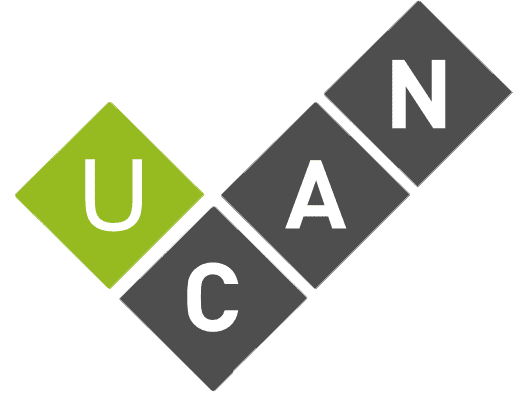
Teaching, Assessment, Learning – Communication in Medicine (Medtalk)
The quality of the physician-patient relationship has a significant impact on the success of the treatment, the satisfaction and the health of the patients. But not only the successful medical interviewing, but also a good cooperation between different health professions is crucial for a sustainable patient care. The goals of the individual projects are to strengthen the communicative and interprofessional competences of medical students as well as physicians to prepare them ideally for their everyday professional life.
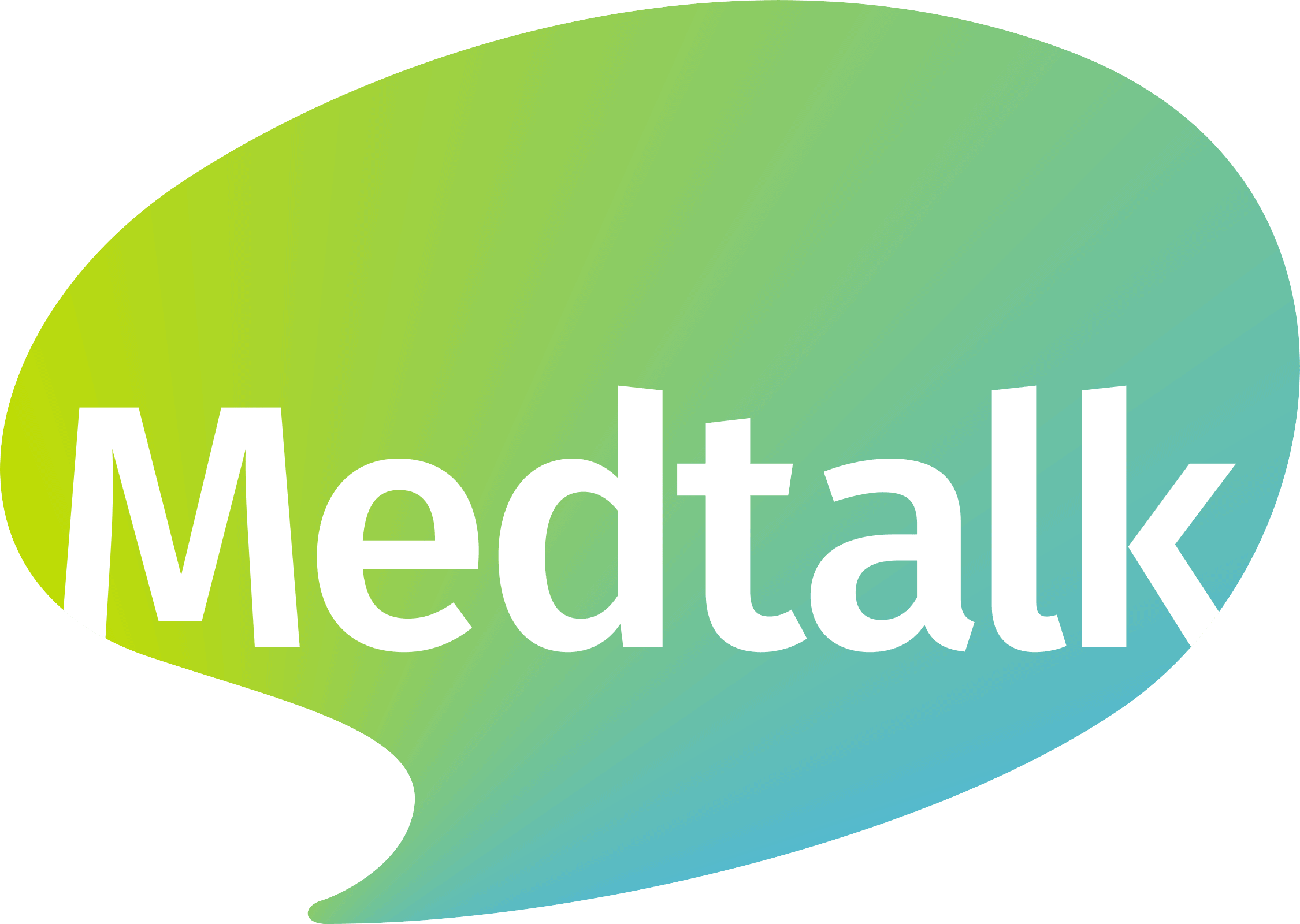
Student competence-oriented ProgressTest
With the student competence-oriented ProgressTest, students of human medicine have the opportunity to pursue their knowledge growth during their studies. The test level is based on the level of knowledge of approved physicians. During the study, the annual test can be repeated regularly. Students receive detailed feedback on their own level of knowledge compared to their fellow students from the same academic year. The participating medical faculties also receive feedback on the performance of their students.
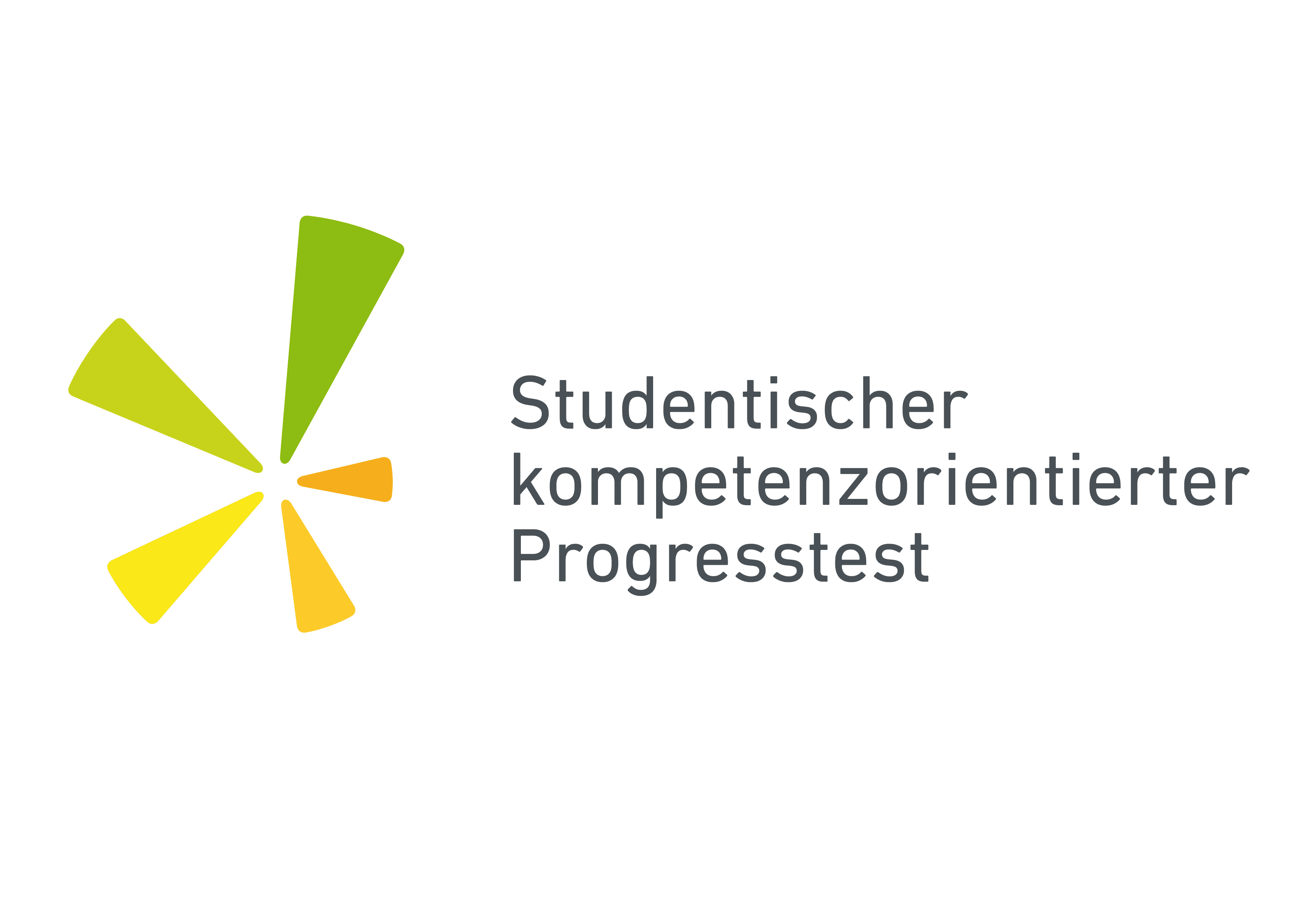
Cooperation “Master of Medical Education (MME)”
Our institute has been cooperating with the Master of Medical Education (MME) since 2011 and is involved in numerous modules- especially in the modules on teaching and examination methods. Here the participants get to know different multiple-choice question types and are trained to create exam questions with the help of the ItemManagementSystem (IMS) and the UCAN Consortium. The preparation of exams, blueprints, the review of exam questions, test statistics and the standard setting of OSCE stations are also discussed in the lessons together with the experts. In the course, the participants get to know almost all UCAN tools (e.g. IMS, tOSCE, tEXAM, Examinator).
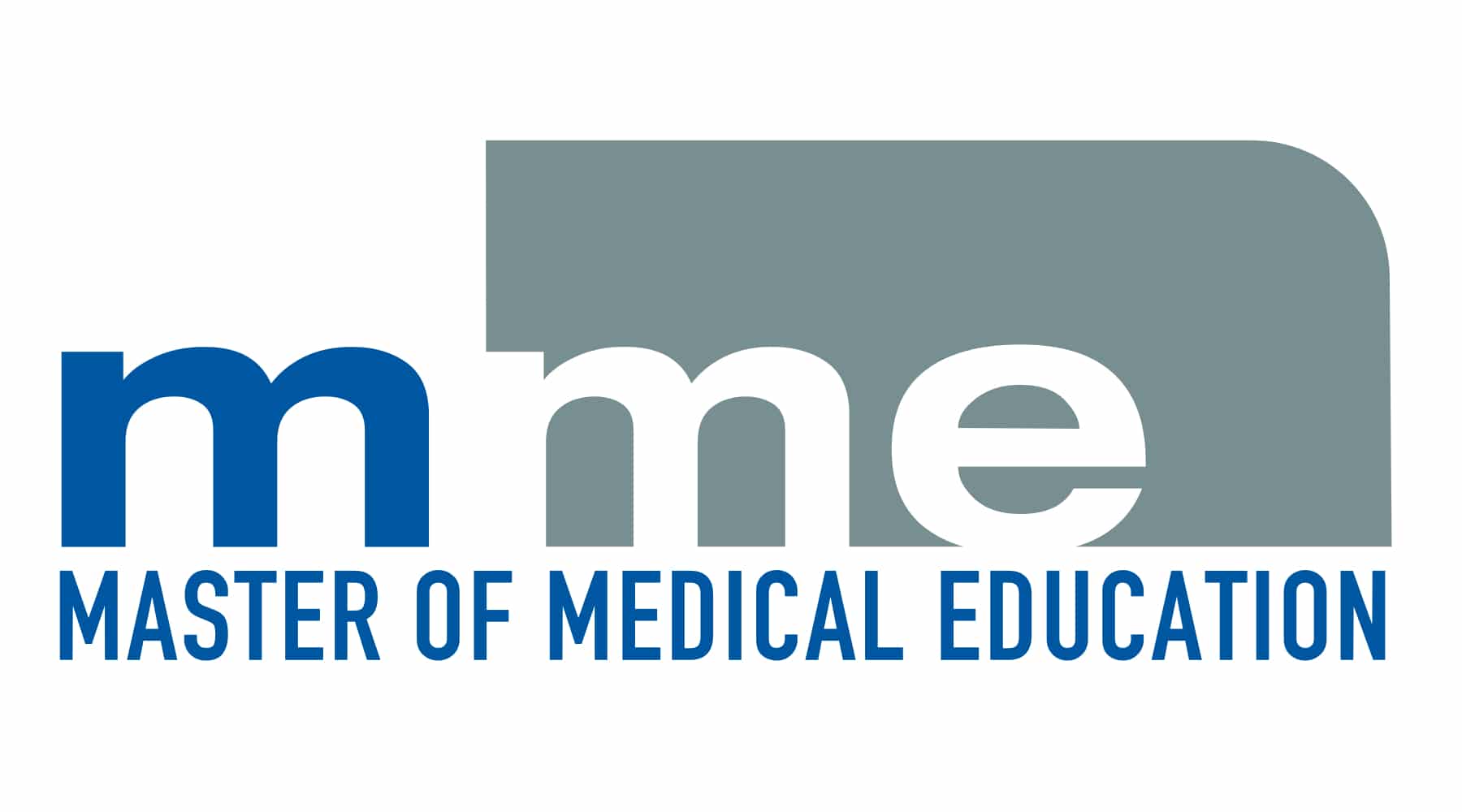
ProNet Handwerk
The InnoVET-“ProNet Handwerk” project, funded by the Federal Ministry of Education and Research, is developing modular, cross-trade blended learning training courses “Smart Living and Working” with Bachelor Professional and Master Professional degrees, an e-campus including examination software for digitally supported module and final examinations, and further training courses for training staff. The aim is to increase the overall attractiveness of vocational training in the skilled trades. In order to adequately prepare the skilled trades for future challenges, the innovation project is developing new concepts that are intended to create sustainable added value for the skilled trades. These include modern advanced training professions to promote digital innovations, the development of new business fields, the facilitation of new career paths in the companies and on the construction site, and an image gain for the entire skilled crafts sector.
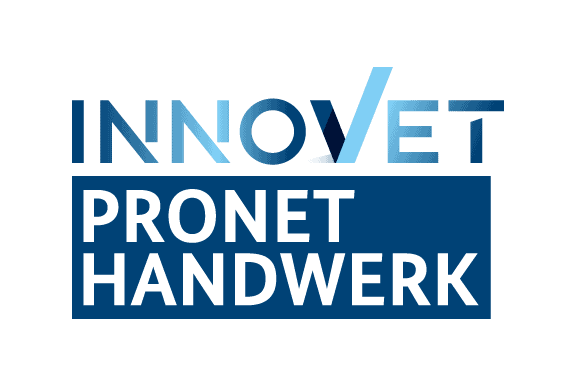
“Planetary Health Assessment” Working Group
The close interplay between health and climate presents the health sector with the major challenge of reducing its ecological footprint and implementing climate-related health measures. In the future, the exercise of health professions will require further competencies, skills and abilities that should already be acquired in education, training and continuing education. The topic of “Planetary Health” is being implemented and further developed in the curricula of higher education, but has so far rarely been a component of examinations.
In the working group “Planetary Health Assessment” experts and students from different interdisciplinary fields are represented. The aim is to support students, teachers and examiners from the health care sector in the development of examinations in this subject area. Within the framework of workshops and network meetings, written and oral practical examinations on the topic of “Planetary Health” are developed and tested in joint, interprofessional coordination.
By strengthening this forward-looking topic, the integration into the curricula of the German university landscape is to be promoted. If you are interested in joining the working group “Planetary Health Assessment”, please contact us!

Photo by Anna Shvets on Pexels.com
Completed Projects:
Merlin
The aim of the joint project is the development of a competence-based orientation of medical education as well as patient-related teaching and assessment formats. On a scientific basis, students of human medicine should be prepared to cope with current requirements, such as medical expertise and patient safety. The joint project MERLIN (Medical Education Research– Lehrforschung im Netz BW) was initiated by “Kompetenznetz Lehre in der Medizin Baden-Württemberg” and is funded within the framework of the “Quality Pact for Teaching” by the Federal Ministry of Education and Research with a term from 2012 to 2020.
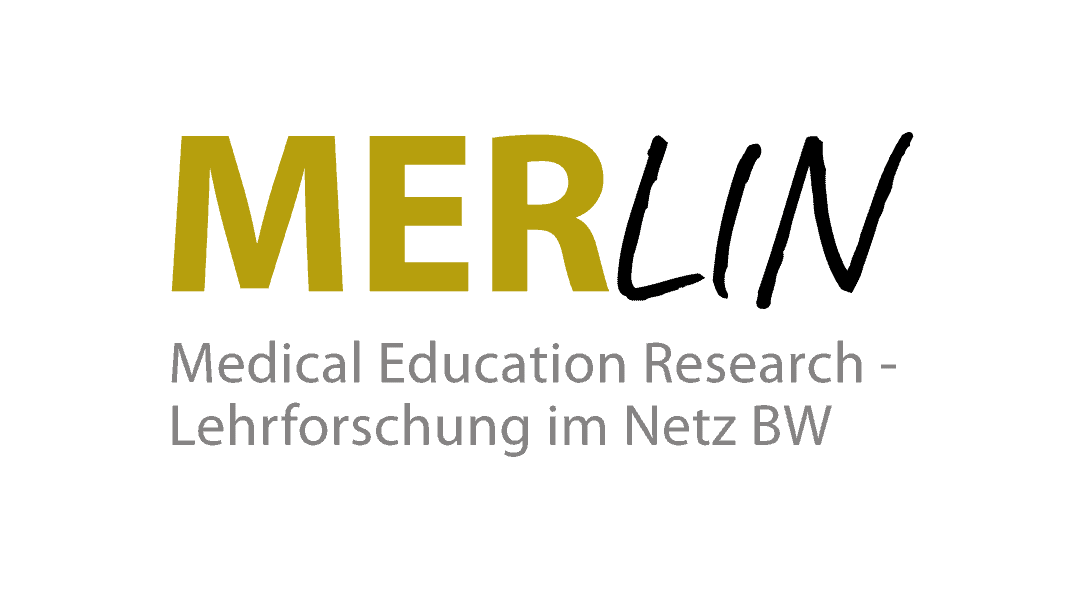
Current Projects:

Umbrella Consortium for Assessment Networks (UCAN)
The non-profit Institute for Communication and Assessment Research carries the UCAN examination association. UCAN supports more than 60 cooperation partners in the preparation, quality assurance, implementation and evaluation of examinations. More than 8,000 colleges in seven countries work closed together sharing a pool of 360,000 exam items. Since 2007, more than 21,000 examinations have been successfully completed, and more than seven million participants have been assessed.

Teaching, Assessment, Learning – Communication in Medicine (Medtalk)
The quality of the physician-patient relationship has a significant impact on the success of the treatment, the satisfaction and the health of the patients. But not only the successful medical interviewing, but also a good cooperation between different health professions is crucial for a sustainable patient care. The goals of the individual projects are to strengthen the communicative and interprofessional competences of medical students as well as physicians to prepare them ideally for their everyday professional life.

Student competence-oriented ProgressTest
With the student competence-oriented ProgressTest, students of human medicine have the opportunity to pursue their knowledge growth during their studies. The test level is based on the level of knowledge of approved physicians. During the study, the annual test can be repeated regularly. Students receive detailed feedback on their own level of knowledge compared to their fellow students from the same academic year. The participating medical faculties also receive feedback on the performance of their students.

Cooperation “Master of Medical Education (MME)”
Our institute has been cooperating with the Master of Medical Education (MME) since 2011 and is involved in numerous modules- especially in the modules on teaching and examination methods. Here the participants get to know different multiple-choice question types and are trained to create exam questions with the help of the ItemManagementSystem (IMS) and the UCAN Consortium. The preparation of exams, blueprints, the review of exam questions, test statistics and the standard setting of OSCE stations are also discussed in the lessons together with the experts. In the course, the participants get to know almost all UCAN tools (e.g. IMS, tOSCE, tEXAM, Examinator).

ProNet Handwerk
The InnoVET-“ProNet Handwerk” project, funded by the Federal Ministry of Education and Research, is developing modular, cross-trade blended learning training courses “Smart Living and Working” with Bachelor Professional and Master Professional degrees, an e-campus including examination software for digitally supported module and final examinations, and further training courses for training staff. The aim is to increase the overall attractiveness of vocational training in the skilled trades. In order to adequately prepare the skilled trades for future challenges, the innovation project is developing new concepts that are intended to create sustainable added value for the skilled trades. These include modern advanced training professions to promote digital innovations, the development of new business fields, the facilitation of new career paths in the companies and on the construction site, and an image gain for the entire skilled crafts sector.

“Planetary Health Assessment” Working Group
The close interplay between health and climate presents the health sector with the major challenge of reducing its ecological footprint and implementing climate-related health measures. In the future, the exercise of health professions will require further competencies, skills and abilities that should already be acquired in education, training and continuing education. The topic of “Planetary Health” is being implemented and further developed in the curricula of higher education, but has so far rarely been a component of examinations.
In the working group “Planetary Health Assessment” experts and students from different interdisciplinary fields are represented. The aim is to support students, teachers and examiners from the health care sector in the development of examinations in this subject area. Within the framework of workshops and network meetings, written and oral practical examinations on the topic of “Planetary Health” are developed and tested in joint, interprofessional coordination.
By strengthening this forward-looking topic, the integration into the curricula of the German university landscape is to be promoted. If you are interested in joining the working group “Planetary Health Assessment”, please contact us!
Completed Projects:

Merlin
The aim of the joint project is the development of a competence-oriented orientation of medical education as well as patient-related teaching and assessment formats. On a scientific basis, students of human medicine should be prepared to cope with current requirements, such as medical expertise and patient safety. The joint project MERLIN (Medical Education Research– Lehrforschung im Netz BW) was initiated by “Kompetenznetz Lehre in der Medizin Baden-Württemberg” and is funded within the framework of the “Quality Pact for Teaching” by the Federal Ministry of Education and Research with a term from 2012 to 2020.
